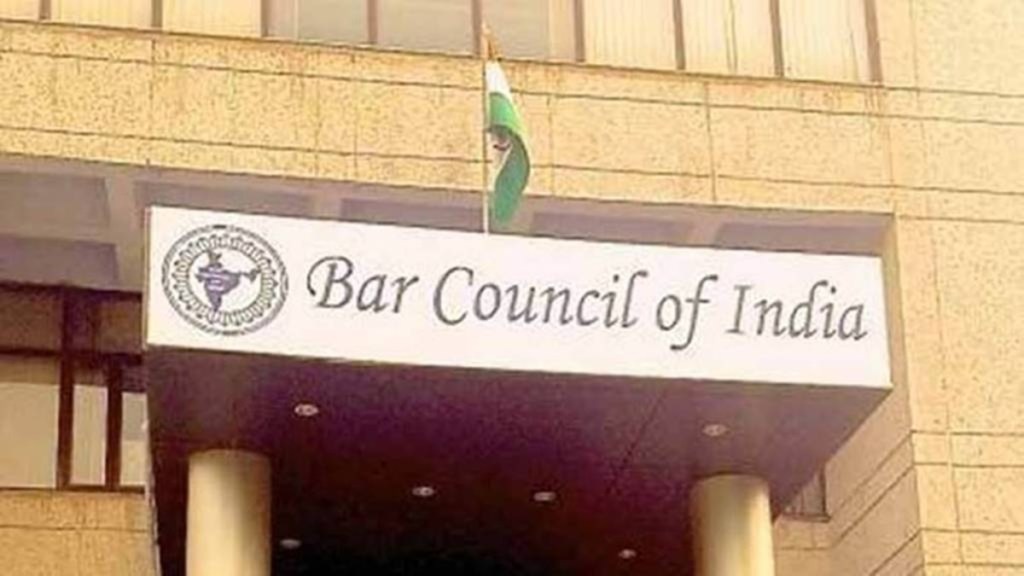The Bar Council of India (BCI) on Wednesday expressed “profound concerns” over the proposed draft Advocates Amendment Bill, 2025, citing serious implications for the legal profession and a threat to the autonomy of the Council.
In a pushback to the draft Bill, which was released for public consultation last week, the Council sent its objections and suggestions in a 66-page letter to law and justice minister Arjun Ram Meghwal.
The letter is being perceived as a rift between the Council and the law ministry and is likely to put a spanner in the government’s attempt to liberalise the legal industry and upgrade its standards in accordance with global best practices.
Among the major concerns expressed by the Council are the ‘draconian provisions’ in the draft Bill, which allows the central government to nominate up to three members to the BCI. The Council asserts this was never discussed in meetings with the law ministry and was “arbitrarily inserted”.
The BCI has also expressed concern over the proposed shift in regulatory authority over foreign lawyers and law firms from the BCI to the Centre. It argues that this is in contravention to the Supreme Court’s judgment in the AK Balaji case, which vested this responsibility with the BCI. It further stated that it has already framed comprehensive regulations in 2022 to govern the entry of foreign legal practitioners, and it insists that this authority should remain with the BCI.
“The legal profession as a whole is to be regulated and governed by Bar Council of India, then why and how the foreign lawyers and law firms could be governed by the central government,” the BCI letter said.
The Council also raised objections to the Centre’s power to issue directions. The draft Bill empowers the Centre to issue binding directions to the BCI, a provision that the Council categorically states is “wholly unacceptable.” It further argues that this undermines its autonomy and independence, which are essential for the self-regulation of the legal profession.
The BCI also objected to changes in the enrolment fee structure, which would allow the central government to determine the fees instead of the BCI. The Council had proposed a fixed fee of Rs 18,000 for state bar councils and Rs 3,000 for the BCI, with periodic revisions based on inflation. The draft bill, however, leaves the fee structure entirely to the government, which the BCI claims could lead to arbitrary changes and confusion.
Reacting to the BCI letter, Hemant Batra, senior corporate lawyer and vice president of Saarclaw, quipped, “Only time will tell whether the destination to bring substantive changes in the legal industry is in the offing or there is still some more formal journey left to the destination in light of the lack of consensus.”

